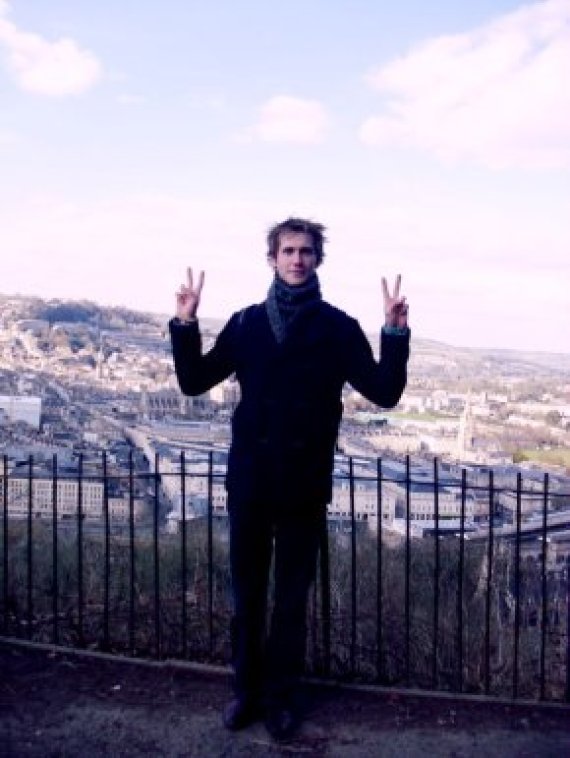For my internship I wanted to do something with a urban environmental management that draws inspiration from biology. This strategy is called ‘biomimicry’. If we can understand how, say, relationships between individual cells can collectively lead to complex and adapted organisms such as plants and animals, we can apply this to the city, which we think of as a sort of super-organism. A lecturer put me in touch with BioTRIZ, a company in the English city of Bath that is run by a Russian couple, two academics.
I helped provide the contents of a database. The couple had a pile of scientific articles about biological phenomena. I had to interpret which ‘problem’ was being resolved by each phenomenon and which ‘principles’ were being applied. Companies can then ‘translate’ their problem in the same way and search the database for suitable solutions; solutions that have been created over the course of millions of years of evolution. But this translation step turned out to be difficult: it is surprisingly hard to determine the purpose something serves in biology. Shortly after arriving, I found an affordable room in an old lady’s house. Unfortunately, she wasn’t often home, so initially I spent a lot of time alone. After two weeks the woman was contacted by the social housing association. They had found out that she was renting a room and I had to move out. Eventually things turned out well because I ended up with a family of three where I really liked it. I enjoyed chatting to them during evening meals and our walks at the weekend. They couldn’t help but laugh at my directness, because they were used to speaking in a polite, roundabout way. For my part, I admired their subtle way of putting things and strong sense of ironic humour.

